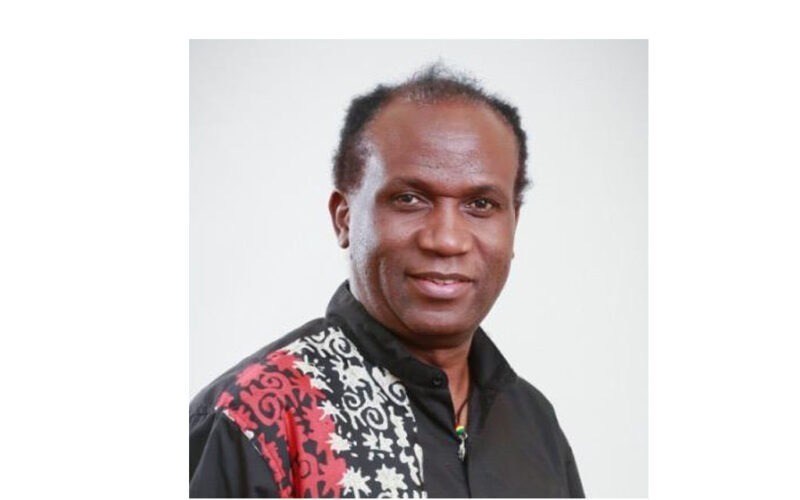As I reflect on the events of the past week, where Namibia football legends gathered to play in Rundu and Otjiwarongo, I am struck by a mixture of emotions.
The nostalgia of witnessing these icons relive their youthful prowess on the very fields that once nurtured their talents is undeniable. However, this emotional journey is intertwined with a stark realization – the state of the dilapidated once-vibrant sports facilities, where they honed their skills.
Am just saying the sight around some of the towns,of these deteriorated facilities serves as a testament to the neglect that has plagued them over the years. It’s a vivid reminder of how even the most iconic arenas can fall into disrepair when not adequately maintained.
What raises questions is the lack of involvement from those who once benefited from this same facilities in their youth. Shouldn’t their experiences on these fields, their firsthand knowledge of what it takes to succeed, be channeled into rejuvenating these spaces for the next generation?
Am just saying would it be a valid point to consider whether these legends have been appropriately engaged to offer their insights on the rehabilitation of these sports facilities. Their voices, shaped by their personal journeys, could provide invaluable guidance on what it takes to create an environment conducive to nurturing young talent.
These individuals currently holds position of power and possess an intimate understanding of the elements that facilitate growth, development, and the cultivation of champions.
Am just saying, while it’s easy to point fingers at the lack of involvement, it’s equally important to explore potential solutions. One thought-provoking avenue is the privatization of these sports facilities.
Privatization, often a subject of heated debate, can bring a fresh perspective and innovative approaches to the table. Private entities, driven by profit motives, have the resources and incentives to maintain these facilities at the HIGHEST standards.
Am just saying, privatizing sports facilities does not mean excluding the public or sacrificing the essence of community engagement. Instead, it suggests forging partnerships between the private sector and local communities.
This collaboration could foster a dynamic ecosystem where the passion of the public meets the expertise and resources of private investors. Such partnerships could lead to not only the physical restoration of these facilities but also the implementation of modern amenities and technologies that align with contemporary sporting demands.
Of course, the concept of privatization comes with its own set of challenges. Ensuring accessibility for all, regardless of socioeconomic backgrounds, should be non-negotiable.
Clear regulations and oversight mechanisms must be put in place to prevent exploitation or the creation of exclusive spaces. The goal is to strike a balance where the passion for sports remains inclusive while benefiting from the efficiency and innovation that the private sector can bring.
Am just saying, the recent events in Rundu and Otjiwarongo have sparked in me a crucial reflection on the state of sports facilities and their potential revitalization. While the absence of involvement from past legends is noticeable, it also presents an opportunity to reimagine the way these spaces are managed.
Once again am just saying, privatization, when approached thoughtfully and inclusively, could offer a path to breathing new life into these facilities. The goosebumps we experienced watching these legends play once again could serve as a catalyst for change, propelling us toward a future where the legacy of sports is preserved and empowered through collaboration and innovation.
Am just saying
Mathew Haikali is a sports consultant, and managing member of Just Imagine Sports
E: mathew.haikali@justimaginesports.com




